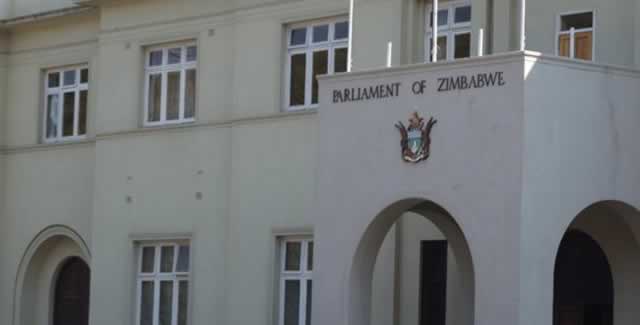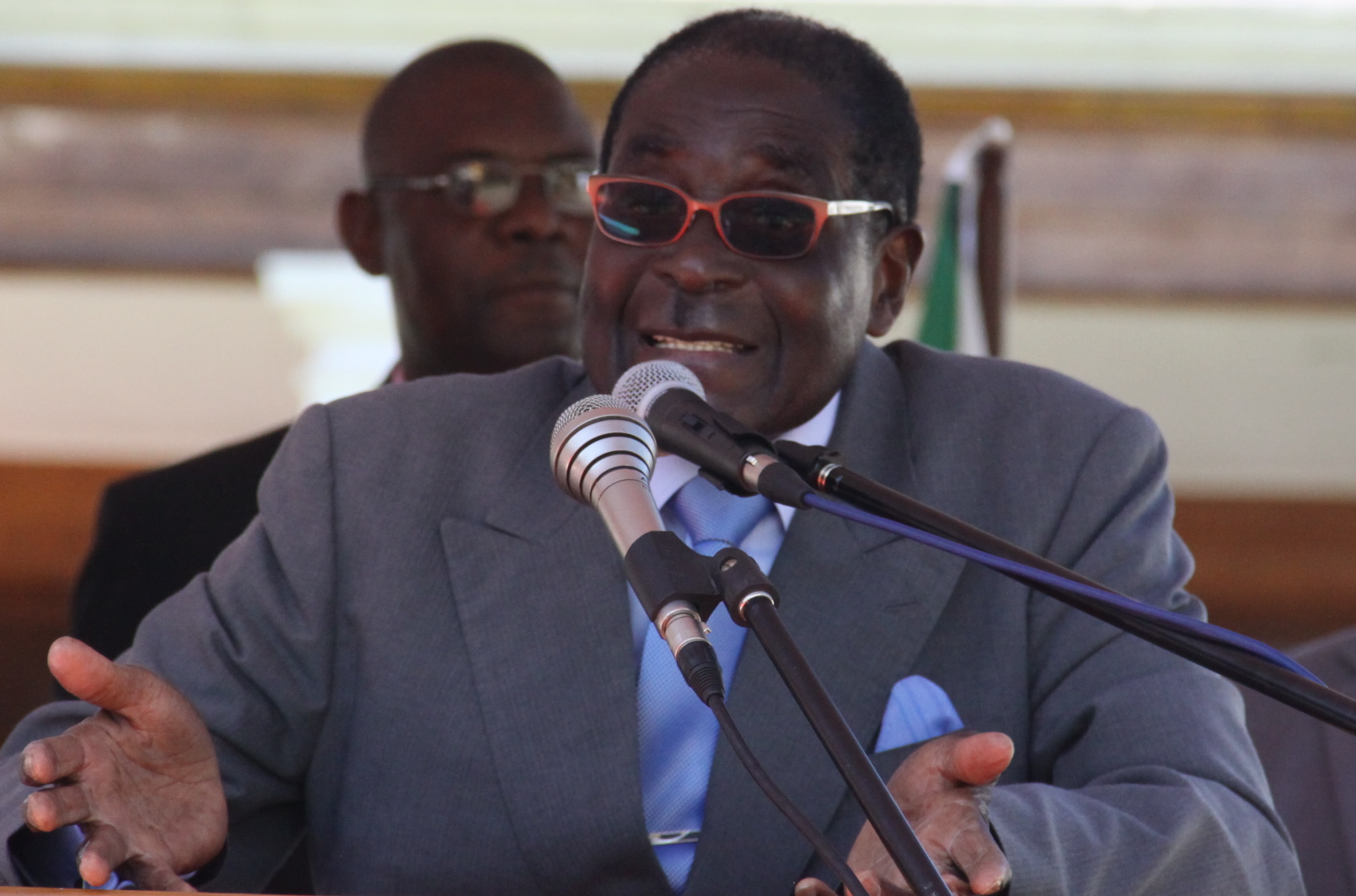Parliament mandated to probe graft

 Harare Bureau—
Harare Bureau—
Clerk of Parliament Austin Zvoma says the legislature has the mandate to investigate and recommend to the executive how best to tackle corruption and abuse of public office. Legal experts backed Zvoma’s position and lauded Parliament for proposing last week to create a committee of legislators to investigate corruption and poor corporate governance bedevilling State enterprises, parastatals and local authorities.
Lawyers Terrence Hussein and Jonathan Samukange said Parliament had the right to establish a graft probe team.
Zvoma said after establishing reasonable grounds that the law was being flouted, a special committee could recommend to authorities that action be taken against perpetrators.
He said, “What they (MPs) need to do is to bring an amendment to this motion so that the House resolves to set up the committee.”
The calls for a special committee were triggered by reports that some bosses at public institutions were living opulent lifestyles through mega perks they were awarding themselves at the expense of service delivery.
The Office of the President and Cabinet has already compiled a comprehensive preliminary report on the remuneration levels of chief executives at State-linked enterprises, and the document now awaits review and scrutiny by a committee chaired by Finance Minister Patrick Chinamasa.
Samukange said Parliament was mandated to form any committee that had powers to summon any public official.
“Parliament has the power to declare that from today onwards there is no person who shall be called a woman, all people are now men. It has the power to summon anyone in the country from ministers to the President,” he said.
Samukange, who is also National Assembly representative for Mudzi South (Independent), added: “The committee will investigate any public official or institution and make recommendations to the police to arrest someone through the Ministry of Home Affairs. What the committee cannot do is to say this person should be convicted. The committee will get special powers to deal with cases unlike the committees that are governed by the Standing Rules and Regulations. These rules will not apply to this special committee.”
Samukange said MPs had grown impatient with the executive for allegedly “dragging its feet in dealing with corruption and good governance issues”.
“When newspapers report on corruption, the police should carry out some investigations immediately, but they are not doing that. It says a lot about the police and their willingness to fight corruption, and Parliamentarians have lost faith and patience and cannot wait,” he said.
Hussein said the probe team could have powers to call anyone to give evidence over allegations of graft.
“Parliament can play an oversight role on the executive and call people for hearings among other issues. What they cannot do is to form a team which acts outside Parliament.
“Parliament’s jurisdiction is narrow but they can summon anyone to give evidence over a specific issue. They have been doing that over the past 10 years. Ministers can be called to give evidence including heads of parastatals that fall under the same bracket. They can come and give evidence as long they are getting public funds or getting an allocation from the fiscus. What they should not do when called is complain if they have nothing to hide,” he said.
However, another legal school of thought argued that allowing Parliament to set up such a commitee could lead to clashes with other arms of State.
A Justice Ministry lawyer said, “The legislature is there to make laws, the judiciary interprets the law, with the executive giving effect to the law. Parliament must actually legislate the law that guides the country clearly but now before they have completed their mandate, they want to encroach into the premises of other arms of State.
“They want to do executive duties at a time when the new Constitution has not been fully implemented. The constitution has not been harmonised and Zimbabweans are not guided clearly because the legislature has not done its job well. Their job is to legislate not execute.”












Comments